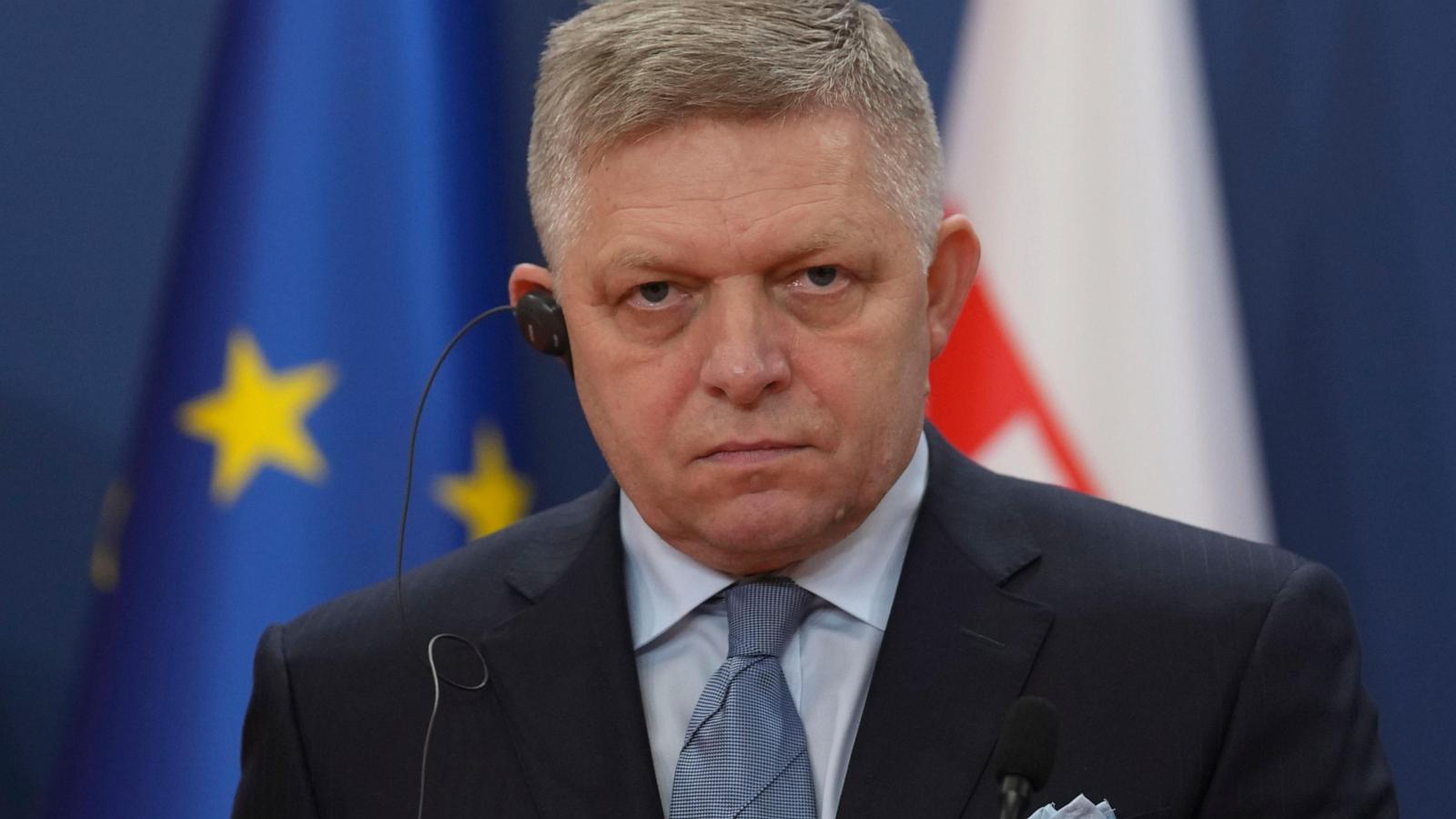Slovakia Passes Controversial Law Threatening to Jail Doctors Who Protest Low Pay
Slovakia's parliament recently approved a shocking new law that could effectively ban doctors from protesting their low wages and force them to continue working, even if it means risking their well-being and professional integrity. This controversial legislation, spearheaded by Prime Minister Robert Fico's populist government, has sparked outrage among healthcare professionals and ignited a firestorm of debate. What does this mean for the future of healthcare in Slovakia, and will this draconian measure withstand international scrutiny?
The Law's Provisions: A Healthcare System on the Brink?
The newly enacted law grants the government the power to declare a healthcare emergency if it deems the system at risk of collapse. Under such a declaration, doctors' resignations would be summarily rejected, and those refusing to work could face imprisonment. This unprecedented move is designed to prevent a potential meltdown of Slovakia's healthcare infrastructure, a scary proposition for citizens and healthcare workers alike. But at what cost?
The Government's Justification
The government claims this drastic action is necessary to avoid a widespread crisis triggered by the threat of mass resignations from over 3,000 doctors. These doctors, facing persistent salary issues and broken promises, issued an ultimatum: resign en masse unless their demands for better compensation are met. The government interprets this as a potential collapse of the healthcare system, invoking its authority to bypass standard labor practices.
Doctor's Side of the Story
The protesting doctors, however, claim the government has reneged on previously agreed-upon salary increases. They feel betrayed by promises broken and a lack of genuine dialogue about compensation and working conditions. These professionals aren't merely striking for a raise; they are voicing concerns about the deterioration of Slovakia’s healthcare system and advocating for a sustainable path to provide patients with quality care. Their feelings of betrayal cannot be overlooked.
The Potential Consequences: An Unprecedented Power Grab?
This law represents an extremely strong reaction, giving the government unchecked authority over the healthcare workforce. It is this alarming potential for abuse and the overriding of basic worker rights that has made this controversial move such a target of international criticism. While intended to safeguard healthcare services, critics argue the law undermines fundamental worker protections and raises questions about whether this sets a dangerous precedent for governmental overreach into the healthcare workforce.
International Condemnation and Concerns
Several international organizations and medical groups have openly expressed concerns, viewing the law as draconian and potentially devastating to worker rights. Critics fear it will not only affect current physicians and morale, but that it will also deter young professionals from pursuing healthcare careers in Slovakia. The fear is that the resulting brain drain from Slovak hospitals will ultimately weaken healthcare standards within the country, a grave concern for both the government and international healthcare workers and medical groups.
The Threat of Imprisonment
Perhaps most alarmingly, the potential for imprisonment of doctors who refuse to work in declared healthcare emergencies serves as a considerable impediment to protesting. It eliminates all but the most courageous professionals from voicing concerns about salary or conditions and silences potential dissent on a widespread basis. This stifling of criticism through the threat of imprisonment should raise serious alarm bells internationally.
The Road Ahead: Uncertainties and Potential Solutions
The situation in Slovakia presents a profound challenge, illustrating a growing tension between governments seeking to maintain fiscal stability and the healthcare workers fighting for fair compensation and decent working conditions. Moving forward, meaningful dialogue and genuine efforts towards compromise will be necessary. Otherwise, the long-term costs to Slovakia's healthcare system and their international reputation may far outweigh the short-term gains from such repressive measures.
Finding a Middle Ground
Ultimately, a sustainable solution involves prioritizing fair compensation and working conditions for healthcare workers. An environment of constructive dialogue between the government, labor unions, and healthcare professionals could offer a much more palatable solution to resolve the issues at hand without resort to this contentious and controversial new law. Negotiations on salary increases and a discussion on appropriate methods of compensation may offer the fairest chance to preserve the future health of Slovakia.
Addressing the Budget Deficit
Alongside wage negotiations, the government should address underlying issues fueling their budgetary deficit, looking at fiscal strategies other than repressing medical professionals.
Take Away Points
- Slovakia's recent law empowers the government to declare healthcare emergencies and force doctors to work, even under threat of imprisonment, triggering significant outrage.
- The law is a response to doctors threatening mass resignations due to insufficient compensation.
- The controversy spotlights tensions between maintaining fiscal stability and ensuring fair treatment for essential healthcare professionals.
- International criticism highlights concerns over potential worker rights violations and long-term implications for healthcare standards within Slovakia.




